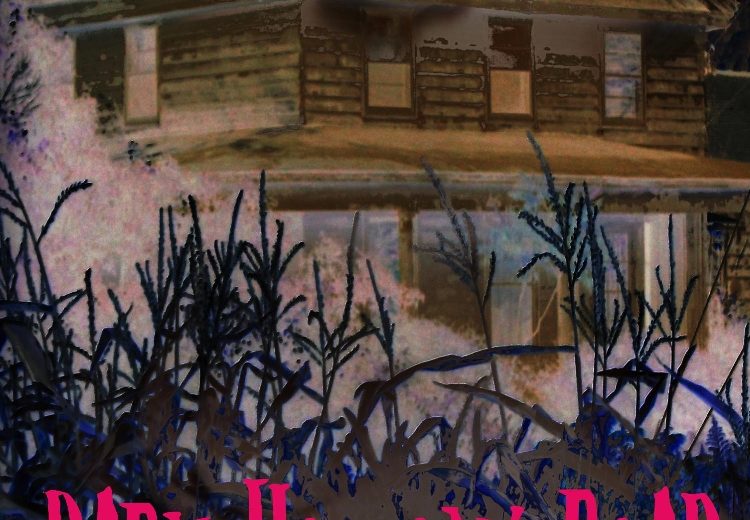About a month ago I sent a copy of “Dark Hollow Road” to Renier Palland of Bloody Good Horror Books seeking an honest, unbiased review. This morning, I was thrilled to see he’d posted one. This is probably the first review I’ve gotten from someone who has absolutely no personal investment in anything to do with me and I so appreciate his 100% honesty!
“Dark Hollow Road” by author Pamela Morris is a genre-specific paranormal tale with a substantial baseline. It features child abuse – not gratuitous – revenge, and redemption. The latter two elements can be misconstrued in most literary works, but Morris treats these literary elements with a gentile decadence, turning them into solid plot devices and powerful plot development. The novel, which is reminiscent of “The Blair Witch” in certain aspects, contains a deluge of paranormal and haunted house allusions. The antagonistic protagonist, Mary, reminded me of a neo-noir Carrie with similar, albeit completely different “powers”.
Morris feeds the reader a spoonful of youthful fear, i.e. Children become the go-to narrative in the novel. I’ll always refer to Stephen King’s “It” as the ultimate Jungian and totemic Freudian child horror story. Novelists have tried, and failed, to live up to the gratuitous and mind-numbingly terrifying world of “It”. It’s the magnum opus which most authors attempt to reach throughout their careers. Morris came close, but not close enough. “Dark Hollow Road” is imbued with so many paranormal and literary homages that it’s difficult to critique the novel as a stand-alone story. I found myself reminiscing about several works during the read-and-review process.
What does this mean exactly?
Firstly, it means that Morris is a masterful writer. Secondly, Morris tried her utmost best to create a familiar horror setting, yet failed at the finish line. And lastly, Morris delved into the psyches of childhood fears and childhood imaginations to create a slightly garden variety work of literature.
I wouldn’t go so far as to label it as unique or even fresh – Morris stepped into a genre-specific swamp throughout most of the novel. It’s as if she drew too much inspiration from too many areas, bundled it all together and created a horror author lovechild without knowing who the parents were. “Directionless” would be the best adjective to describe the novel.
As far as characterisation goes, Morris never misses a beat. Her characters are full, robust and weighty. This, combined with a good ear for dialogue, creates a gratifying novel with a terrifying amount of veracity. Morris knows her characters, and most importantly, they know her. Plot development, climax and denouement were all on par. Not excellent, but good enough to not be detrimental to the overall narrative. I would have liked to have seen more symbolism and perhaps a touch of social commentary. Horror novels are like measuring sticks for the societal psyche – it’s important to tell a story with enough social commentary to stop it from going blind and bland. Morris’ writing style and technique are similar to the above mentioned technicalities – good, but not great. I do believe that the novel required slightly more robust editing. It felt loose and frayed at the ends. With a proper, firm edit, “Dark Hollow Road” would have been a much stronger novel. The structuring was also off-kilter and there are quite a few set pieces that didn’t belong in the novel. It would have been more powerful without them.
I do think that Morris is a splendid author with natural control over her characters and their stories. It doesn’t always pan out while one writes the novel, nor does it float to the surface during editing. Sometimes, just sometimes, a novel can contain too much for its own good. Although this might not have been Morris’ best work, there’s definitely room for improvement. She could easily surpass Nicole Cushing if she focuses more on the directness of her novel and uses an iron fist during the editing process.
RATING: 4 out of 5
Overall, I’m happy with this and he makes some great points about hitting the editing process a little harder. It’s very difficult to edit properly when I’m at a place in my career where I don’t have access to a professional and experienced editor. Maybe some day soon that will happen. Of course, there are aspects I don’t agree with either – my writing isn’t about symbolism or making social commentary, for example. I’m just telling a story. May the reader take from it what they will. But, you know what? 4 out of 5 stars is NOTHING to sneeze at and I think that’s something to be pretty damn proud of.

Recent Comments